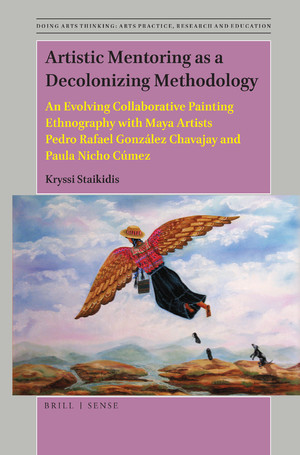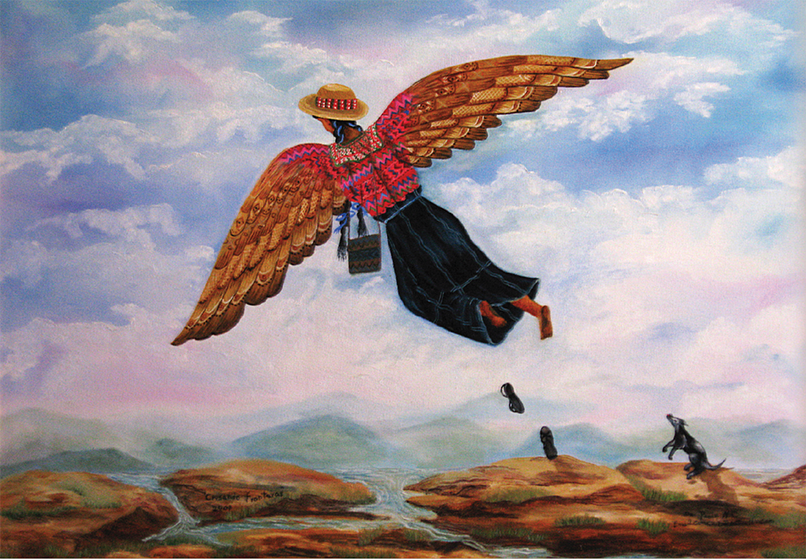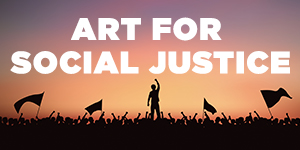Kryssi Staikidis, Professor and Head of Art and Design Education in NIU’s School of Art and Design has recently published the book, Artistic Mentoring as a Decolonizing Methodology: An Evolving Collaborative Painting Ethnography with Maya Artists Pedro Rafael González Chavajay and Paula Nicho Cúmez by Brill.
 To expand the possibilities of “doing arts thinking” from a non-Eurocentric view, Artistic Mentoring as a Decolonizing Methodology: An Evolving Collaborative Painting Ethnography with Maya Artists Pedro Rafael González Chavajay and Paula Nicho Cúmez is grounded in Indigenous perspectives on arts practice, arts research, and art education.
To expand the possibilities of “doing arts thinking” from a non-Eurocentric view, Artistic Mentoring as a Decolonizing Methodology: An Evolving Collaborative Painting Ethnography with Maya Artists Pedro Rafael González Chavajay and Paula Nicho Cúmez is grounded in Indigenous perspectives on arts practice, arts research, and art education.
Mentored in painting for eighteen years by two Guatemalan Maya artists, Kryssi Staikidis, a North American painter and art education professor, uses both Indigenous and decolonizing methodologies, which involve respectful collaboration, and continuously reexamines her positions as student, artist, and ethnographer searching to redefine and transform the roles of the artist as mentor, historian/activist, ethnographer, and teacher.
The primary purpose of the book is to illuminate the Maya artists as mentors, the collaborative and holistic processes underlying their painting, and the teaching and insights from their studios. These include Imagined Realism, a process excluding rendering from observation, and the fusion of pedagogy and curriculum into a holistic paradigm of decentralized teaching, negotiated curriculum, personal and cultural narrative as thematic content, and the surrounding visual culture and community as text.
The Maya artist as cultural historian creates paintings as platforms of protest and vehicles of cultural transmission, for example, genocide witnessed in paintings as historical evidence. The mentored artist as ethnographer cedes the traditional ethnographic authority of the colonizing stance to the Indigenous expert as partner and mentor, and under this mentorship analyzes its possibilities as decolonizing arts-based qualitative inquiry. For the teacher, Maya world views broaden and integrate arts practice and arts research, inaugurating possibilities to transform arts education.
The book can be purchased in hardcover, paperback or .pdf through Brill’s website.



